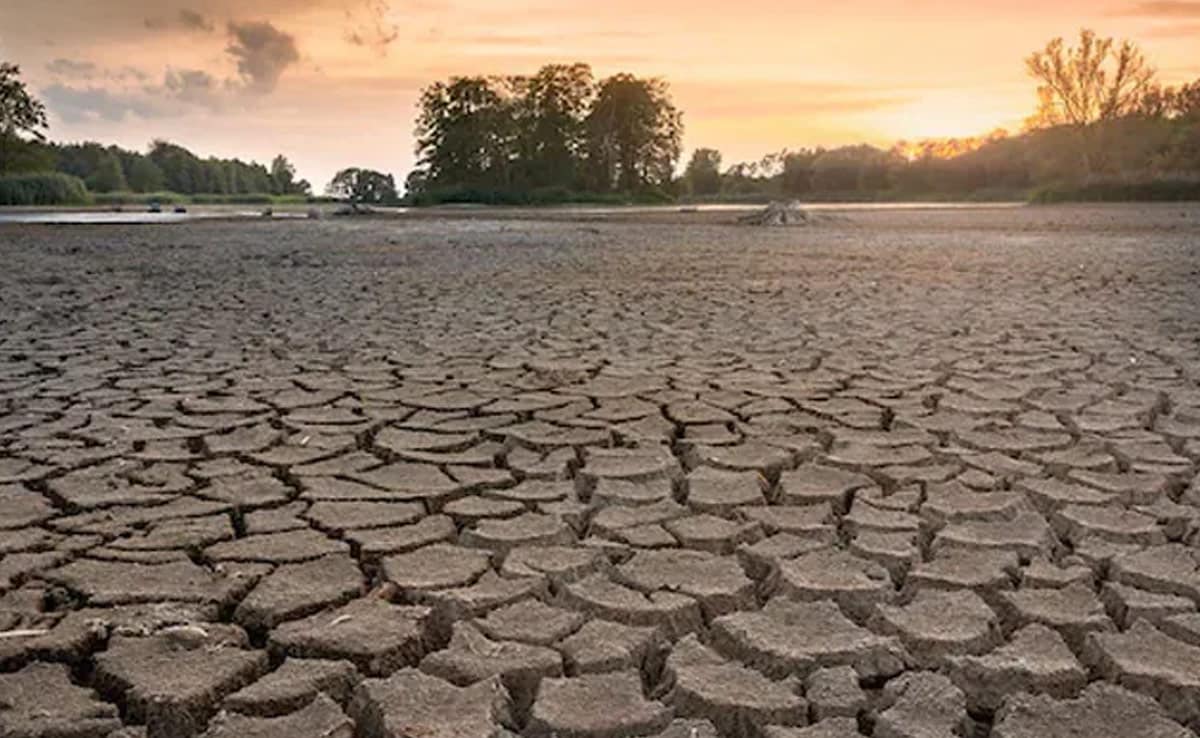Some Approaches to Tackling Global Warming
The Unintended Consequences for Nature and Biodiversity
Hey there, fellow earthlings! Today, let’s talk about a serious topic that affects each and every one of us: global warming. We all know that global warming is a big issue that needs to be addressed, but did you know that some of the approaches used to combat it can have unintended consequences for nature and the protection of biodiversity?
A More Coordinated Effort Needed
Scientists are urging for a more coordinated effort when it comes to tackling the challenges of global warming. While it is crucial to reduce our carbon footprint and transition to renewable energy sources, we also need to consider how our actions may impact the delicate balance of nature.
For example, the widespread use of biofuels as an alternative to fossil fuels may seem like a good idea on the surface. However, large-scale monoculture plantations for biofuel production can lead to deforestation, habitat loss, and the displacement of indigenous communities. This can have devastating effects on biodiversity, including the loss of vital ecosystems and the extinction of plant and animal species.
Similarly, the focus on carbon sequestration through tree planting initiatives can also have unintended consequences. Planting non-native tree species in an effort to capture carbon may inadvertently disrupt local ecosystems, leading to imbalances in biodiversity and the loss of native flora and fauna.
How This Will Affect Me
So, how will these unintended consequences of global warming initiatives affect you? Well, for starters, they can lead to disruptions in the natural world that we rely on for our own survival. Loss of biodiversity can result in decreased ecosystem resilience, making us more vulnerable to natural disasters, food shortages, and disease outbreaks.
Furthermore, the destruction of habitats and the displacement of indigenous communities can have social and economic impacts that may trickle down to affect all of us. It’s important to remember that we are all interconnected and dependent on the health of our planet for our own well-being.
How This Will Affect the World
The unintended consequences of global warming initiatives on nature and biodiversity can have far-reaching effects on the world as a whole. Loss of biodiversity can weaken ecosystems, leading to decreased ecosystem services such as clean air, water, and soil. This can impact agricultural productivity, human health, and the overall stability of our planet.
Additionally, the disruption of local ecosystems and the loss of native species can have lasting consequences for future generations. We must act now to address these challenges and work towards a more sustainable and harmonious coexistence with nature.
Conclusion
In conclusion, it is clear that the fight against global warming requires a more holistic approach that considers the impact on nature and biodiversity. We must strive for a balance between reducing our carbon footprint and preserving the delicate ecosystems that support life on Earth.
Let’s work together to protect our planet and ensure a healthy and thriving environment for generations to come!





